Search
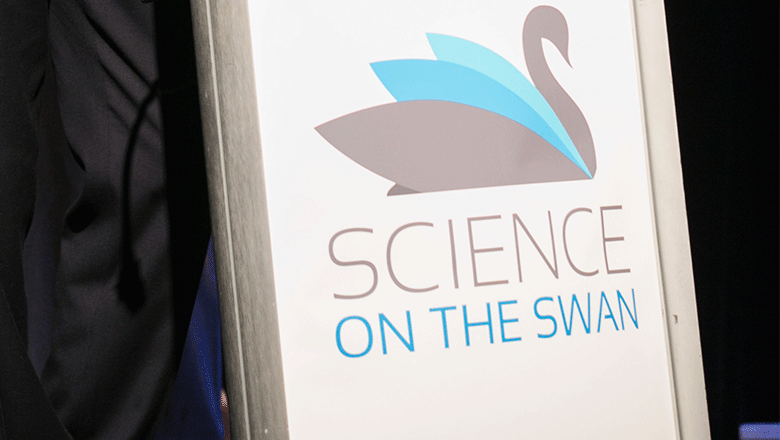
News & Events
Science on the SwanScience on the Swan 2016 brings together experts from multiple disciplines who will talk on their latest discoveries and advances in health and biotechnology.

News & Events
Immunisation advice before, during and after pregnancyAre you pregnant or planning to have a baby? There are important vaccinations that you should consider to protect your health and the health of your baby.

News & Events
Internet and gaming use linked to serious mental health disorders in young peopleThe Kids Research Institute Australia researchers have found a strong link between excessive internet use and increased levels of psychological distress, including suicidal t
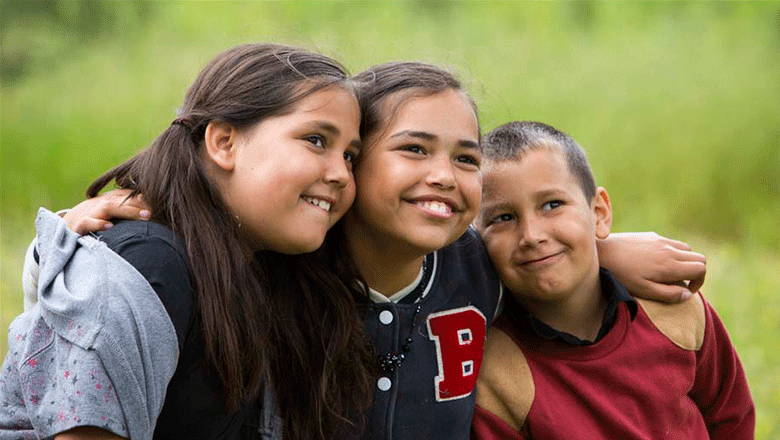
News & Events
Supply partnership with Aboriginal businesses to help close the gapThe Kids Research Institute Australia is pleased to announce its membership of Supply Nation, a leader in supplier diversity that works to connect Australian companies
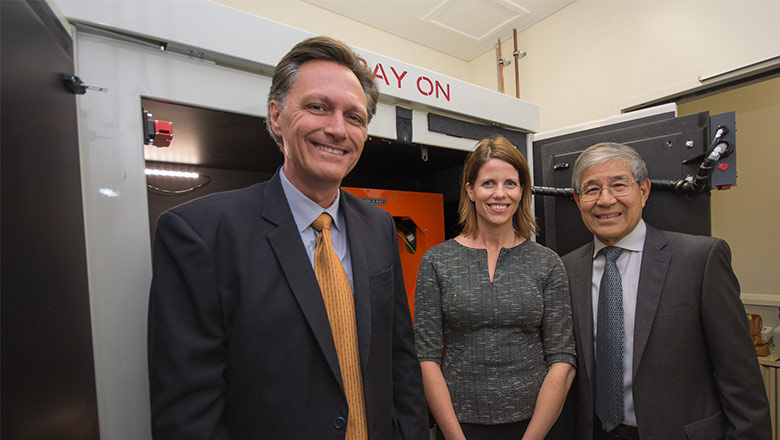
News & Events
State-of-the-art cancer research equipment arrives in WAA new state-of-the-art X-RAD radiation platform - the first of its kind in Australia - has arrived in WA, allowing WA cancer researchers to access cutting edge
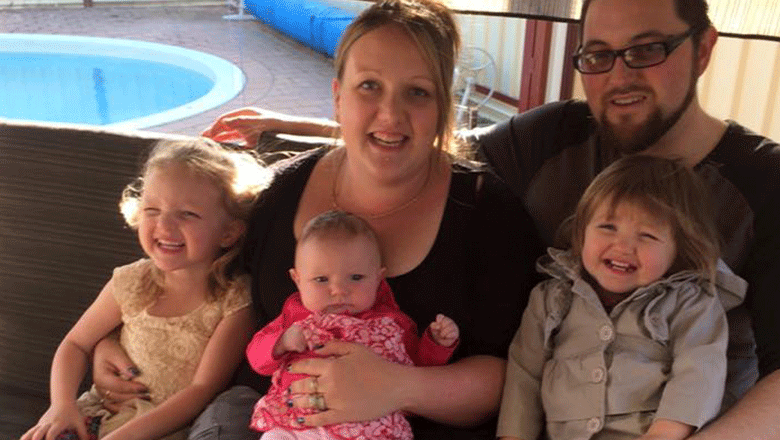
News & Events
Free nutrition & lifestyle program for new mumsThe Kids Research Institute Australia researchers are offering a free nutrition and lifestyle program for plus sized mums and their babies who live in the Joondalup area.
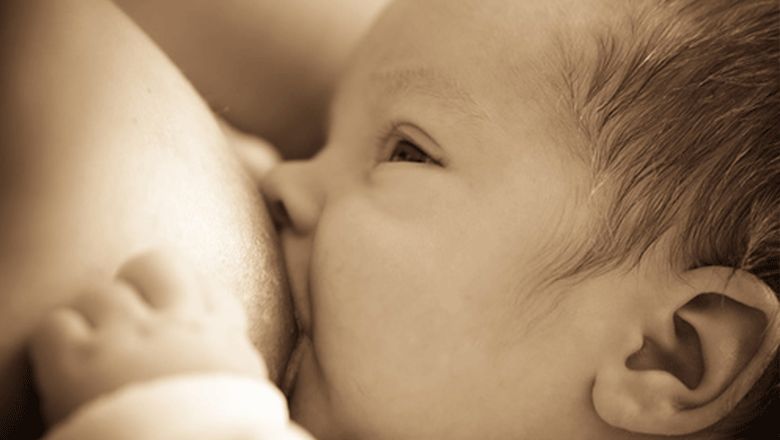
News & Events
Support breastfeeding Mums for healthy babies and a healthy planetAs a child health researcher, I'm often asked by new Mums what's the best thing they can do for their babies? And my answer is always the same, breastfeed.
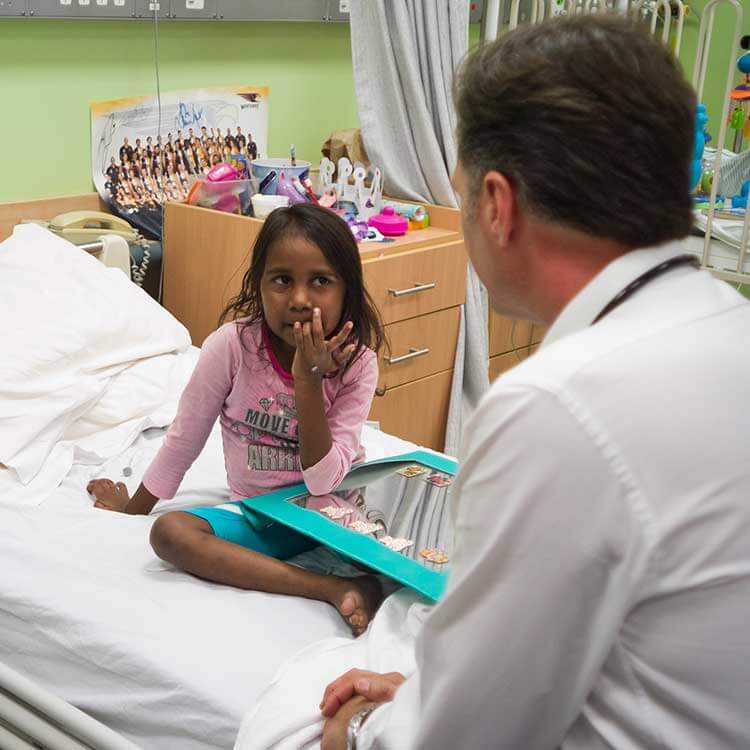
News & Events
Call for Group A streptococcal infections to become notifiable diseasesResearchers at The Kids Research Institute Australia say Group A Streptococcus should become a nationally notifiable disease in Australia.
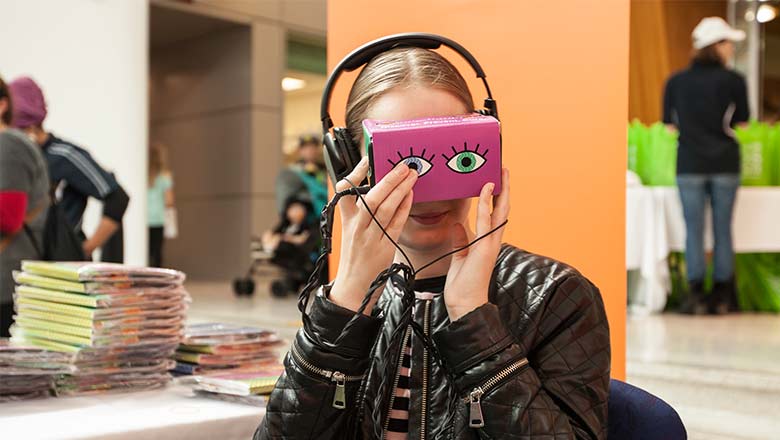
News & Events
Discover Day Virtual RealityDownload these virtual reality apps to your smart phone and begin exploring!
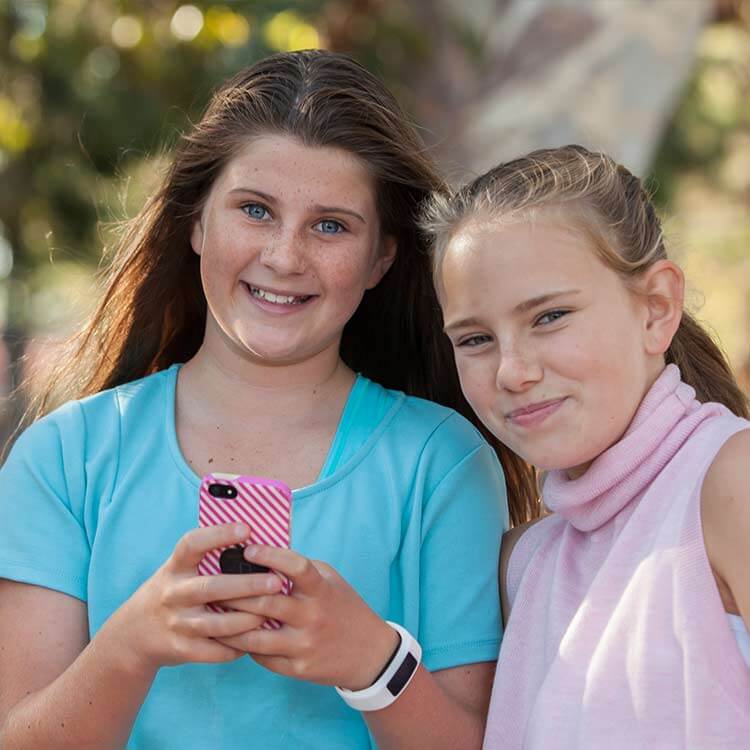
News & Events
NHMRC Fellowships awarded to support child health researchFour leading The Kids Research Institute Australia researchers have been awarded Fellowships from the National Health and Medical Research Council (NHMRC).
